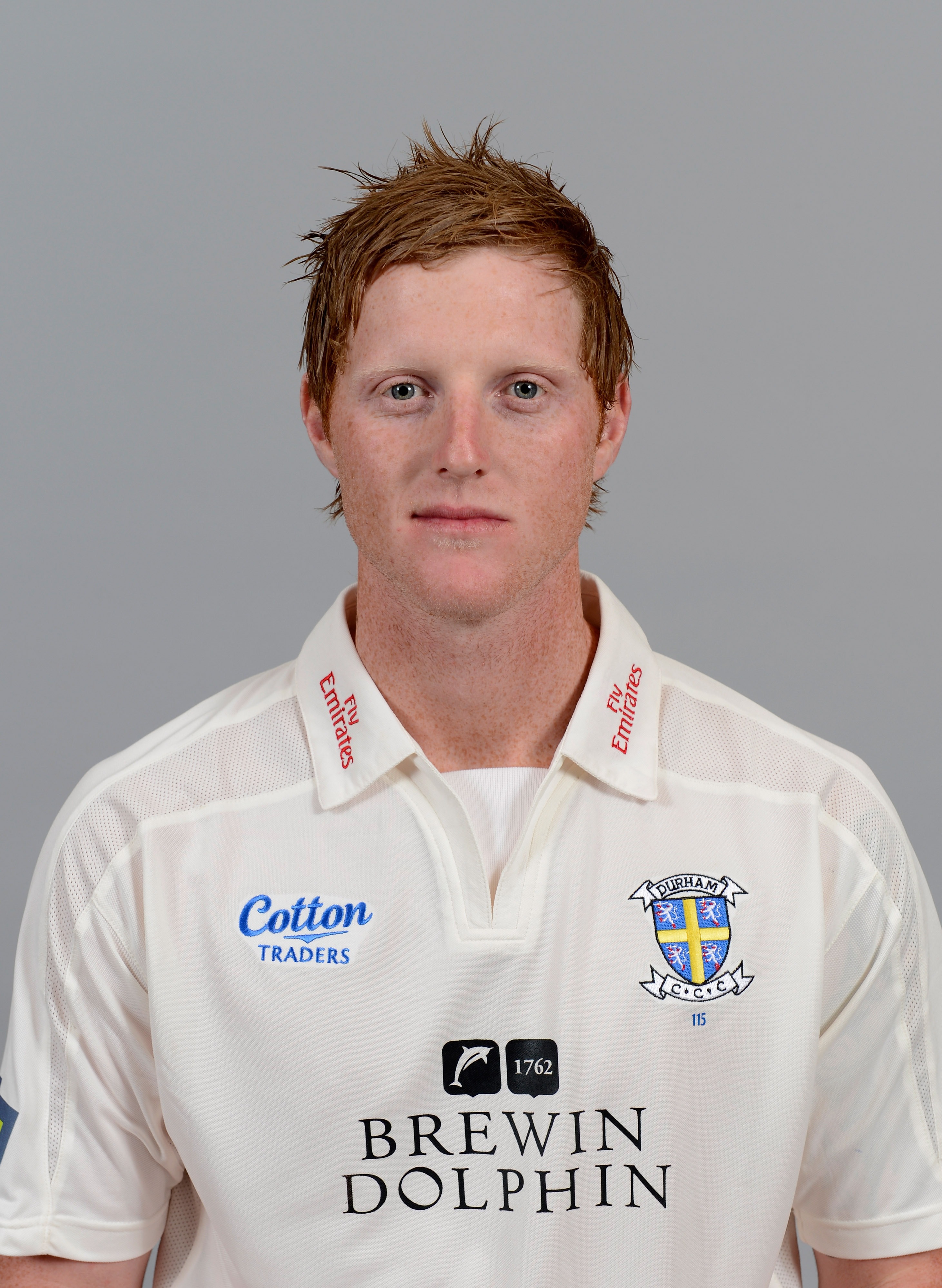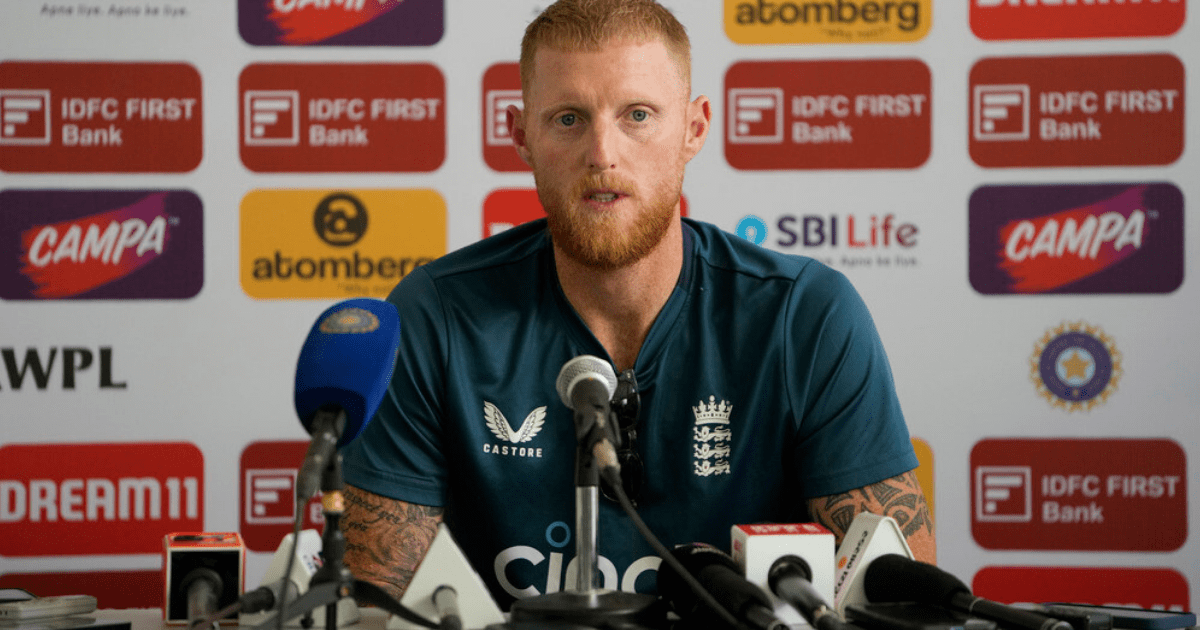England cricket hero Ben Stokes is set to earn his 100th cap in the upcoming Test against India, thanks in part to a mysterious benefactor who supported him as a child.
A Gifted Start
When Stokes was just 13 years old and starting his career at Cockermouth Cricket club in Cumbria, an anonymous bystander took notice of his talent and funded private cricket lessons for him. Stokes admits he doesn't know why he was chosen, but he is grateful for the support that helped shape him into the cricketer he is today.
A Sporting Genius
The anonymous gift speaks to Stokes' early talent, as he has since become a cricketing superstar. He has won the Wisden Cricketer of the Year award three times and was named BBC's Sports Personality of the Year in 2019 after leading England to World Cup glory.
The Century Milestone
With his 100th cap, Stokes will join an elite group of English cricketers. However, he downplays the significance of the milestone, stating that every Test is equally important to him. He sees it as a sign of longevity but emphasizes that the number itself doesn't make much difference.

Looking Ahead
Stokes remains focused on the upcoming series against India and the opportunity for England to secure a historic series win. He believes that if the team plays to their best ability, the results will take care of themselves.
Frequently Asked Questions
How often does a professional cricketer train?
Professional cricketers practice regularly all year round. They intensify their training in the months leading up to the cricketing season, and also during tournaments. The majority of the time, professional cricketers train between five and six times a week. They concentrate on various aspects of the sport, such as physical fitness, skill training, or match practice. In the offseason, players may train less frequently or with less intensity. This allows them to rest and improve their skills or address specific areas of play.
How can cricketers maintain mental focus through long matches?
Maintaining mental focus throughout long matches is a critical skill for cricketers, which they develop through various mental conditioning techniques. Techniques include meditation, visualization exercises, and goal-setting, which help cricketers remain calm and concentrated during high-pressure situations. Sports psychologists are often involved in helping players build mental resilience. They also help them deal with stress, anxieties, and distractions. In order to keep the focus on what is happening right now, it’s common for players to have a regular pre-delivery schedule.
How do professional Cricketers train when the weather is bad?
Professional cricketers are resourceful in adjusting their training routines to accommodate inclement weather conditions. Indoor facilities provide an alternative to outdoor nets for practicing batting and bowling. Many of these facilities have gym equipment as well. Additionally, swimming and other alternative forms of cardiovascular exercises can be employed to maintain fitness when outdoor training is not feasible. The teams and coaches are able to modify training plans in order to maintain consistency regardless of weather.
What dietary practices do cricket players follow?
Cricket professionals follow a dietary regimen that is specifically tailored to their physical needs and sport. The diet focuses on providing balanced nutrition. This includes carbohydrates for fuel, proteins for growth and muscle repair, and fats for more lasting energy. The players must also ensure they drink enough fluids to stay hydrated. They often work with nutritionists in order to optimize their diets for their training schedules as well as match timings.
After a training session or match, do professional cricketers follow any specific recovery protocol?
It is true that professional cricketers have specific recovery protocols they follow after training sessions and matches. This ensures their physical condition remains optimal. These protocols may include cooldown sessions, stretching to ease muscle tension, or ice therapy to reduce inflammation. In order to recover, proper nutrition and hydration is essential. A focus on consuming enough protein for muscle repair. A good night’s sleep, along with physiotherapy, including foam rolling and specific rehabilitation exercises, is stressed. It is important to have a comprehensive recovery plan in order to prevent injury and manage workload.
Statistics
- On average, professional cricketers dedicate 20-25 hours per week to various forms of cricket-specific training.
- Video analysis for performance enhancement can take up as much as 10 hours per week in a professional cricketer’s training schedule.
- Post-match recovery protocols, including active recovery and physiotherapy, can reduce injury recuperation times by up to 30% for professional cricketers.
- Spin bowlers spend an estimated 50-60% more time honing their technique in the nets compared to fast bowlers, who focus more on physical conditioning.
- Dietary analysis of elite cricketers reveals that they consume approximately 55-60% of their daily calories from carbohydrates during intense training periods.
External Links
wisden.com
icc-cricket.com
thecricketmonthly.com
prodirectcricket.com
- Pro:Direct Cricket Training Equipment
cricketworld.com
How To
How to improve mental toughness in cricket
A series of mental and cognitive exercises are used to develop focus and resilience. To improve concentration, engage in regular breathing and meditation exercises. Practice visualization techniques to mentally rehearse match scenarios and prepare for high-pressure situations. A regular pre-performance ritual can also help you achieve a focused mindset. The last thing that cricket professionals can do is work with sports psychologists to create coping strategies against stress and anxiety. These are both common in competitive sports.

